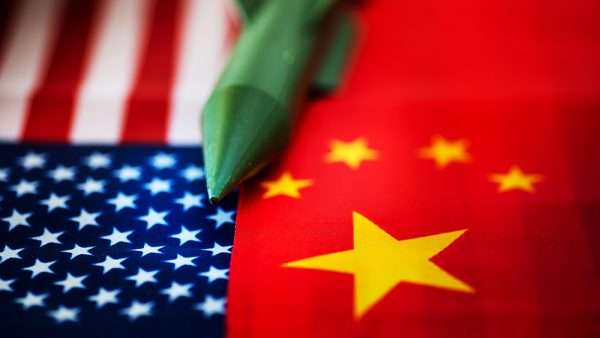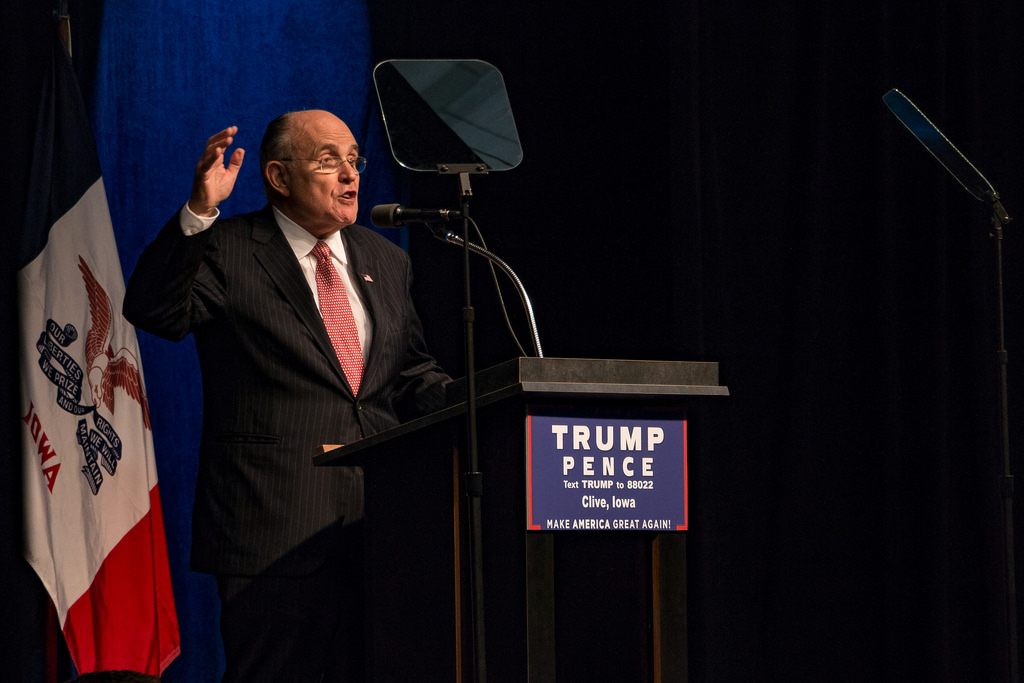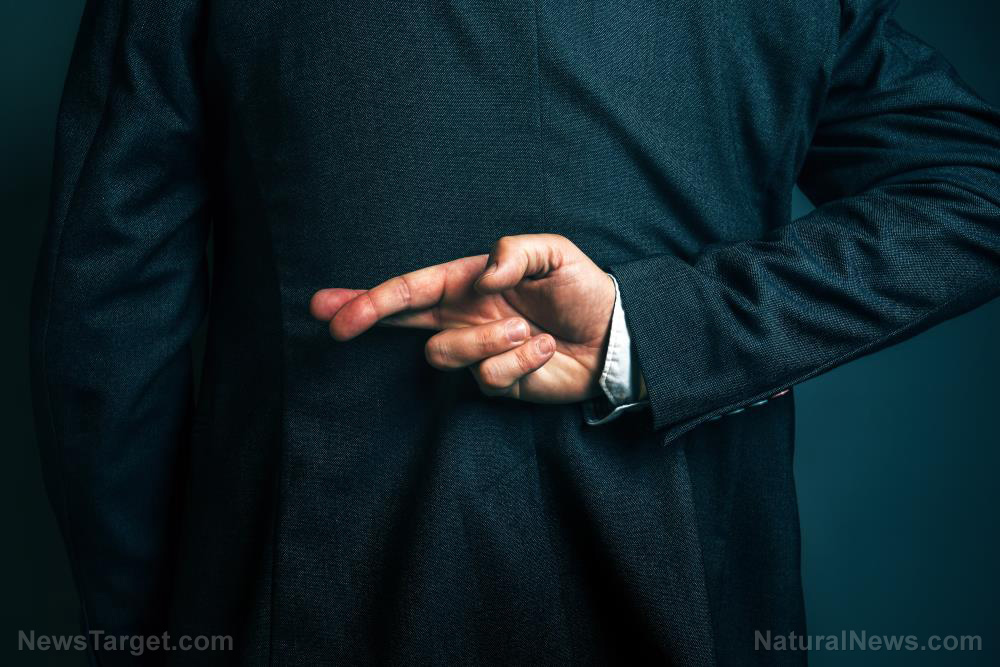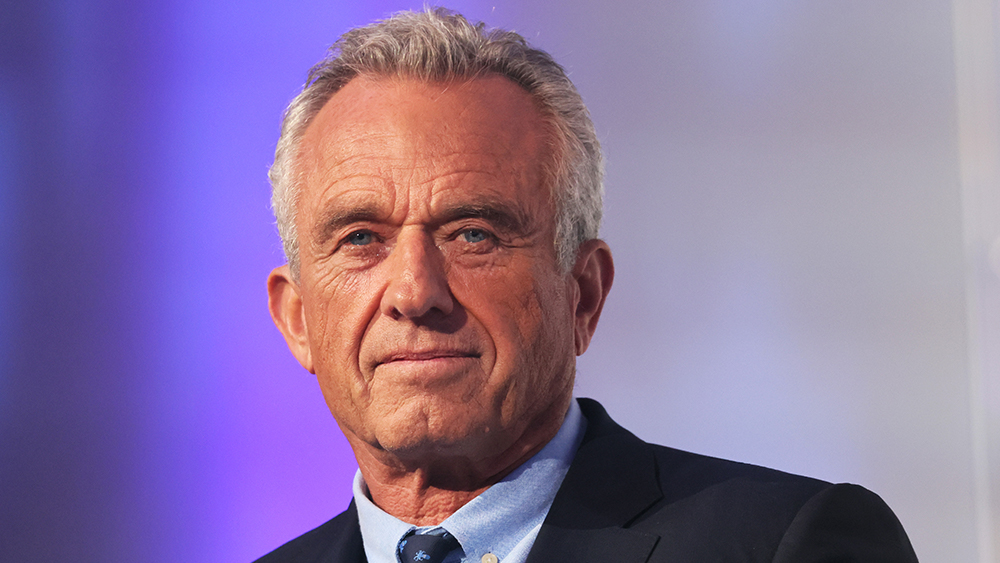 Parler
Parler Gab
Gab
White House claims tariffs will protect U.S. auto jobs from cheaper Chinese EVs
American officials have repeatedly tagged China as the United States' top "competitor" while stiffening economic restrictions against the nation. The government claims its large new tariffs on Chinese EVs and car batteries would provide U.S. auto jobs temporary protection, possibly at the expense of the White House's push to fight so-called climate change by increasing EV adoption in the United States. Few Chinese-made EVs are presently sold in America, so the direct impact on consumers of higher EV tariffs would be minimal according to analysts. The White House also plans to more than triple tariffs on Chinese EV batteries and battery parts to 25 percent. Graphite, permanent magnets used in EV motors and other EV minerals would receive fresh 25 percent duties added. These tariffs could affect a wider group of vehicles. Automakers have warned that hitting the EV targets will be difficult partially because various Biden administration rules deny federal subsidies to EVs that acquire too much content from China. Without access to lower-cost batteries and battery materials made in China, EVs will be too expensive for mainstream American consumers, automakers have stated. As reported by the latest U.S. government data, American automakers exported 155,337 vehicles worth $6.3 billion to China in 2021. China sent just 64,067 vehicles to America in the same year, valued at $1.45 billion. Most of the vehicles imported from China were sold under U.S. brands, led by General Motors' Buick division. Currently, four vehicle lines sold in the U.S. are made in China, based on government data: Ford's Lincoln Nautilus SUV, the Buick Envision SUV, the Polestar 2 and Volvo's S90 sedans. Polestar and Volvo are partners of Chinese automaker Geely. Chinese retaliatory tariffs that focused on American vehicles could hurt workers at the BMW factory in Spartanburg, South Carolina, which delivers about 25,000 vehicles to China each year, or the Mercedes-Benz SUV plant in Alabama that manufactures electric SUVs sold in the world's biggest market. A clean-technology trade war between America and China could also jack up the costs of EVs, batteries and other EV hardware, keeping overall EV prices high, according to industry executives and several analysts. EVs wearing American brands like the Mustang Mach-E or Tesla Model 3, have 30 percent to 51 percent Chinese content, based on U.S. Transportation Department data. "From the battery, from the mining, from all the technology integration, the Chinese supply chain now is the leading supply chain. It's the best. Why don't you allow a U.S. company to have the freedom to choose the best supplier?" said Stella Li, head of Chinese EV and battery maker BYD's operations in the Americas. Beijing has warned that such actions violate the principles of fair competition and harm the steadiness of world trade. Follow CommunistChina.news for more stories about China's ongoing trade war with America. Watch the video below to learn more about the latest tariffs slapped on China by the Biden Administration. This video is from the Maverick News channel on Brighteon.com.More related stories:
Low-cost China-made Volvo EV to be sold in the U.S. this summer, threatening Tesla and other EV makers. Trump vows to abolish Biden’s EV mandate that "only benefits China." Biden’s tariffs to drive up prices of canned goods, solar panels as "Bidenflation" intensifies. Sources include: RT.com Reuters.com Brighteon.comChina shows off robot dogs armed with MACHINE GUNS
By Zoey Sky // Share
WHO tyranny threatens health sovereignty
By News Editors // Share
Giuliani pleads NOT GUILTY in 2020 Arizona election interference case
By Ramon Tomey // Share
Godfather of AI urges U.K. government to adopt Universal Basic Income (UBI) for adult Britons
By Belle Carter // Share
“Green” bonds a total FRAUD – less than 1% of proceeds used for stated purpose
By Ethan Huff // Share
Governments continue to obscure COVID-19 vaccine data amid rising concerns over excess deaths
By patricklewis // Share
Tech giant Microsoft backs EXTINCTION with its support of carbon capture programs
By ramontomeydw // Share
Germany to resume arms exports to Israel despite repeated ceasefire violations
By isabelle // Share










